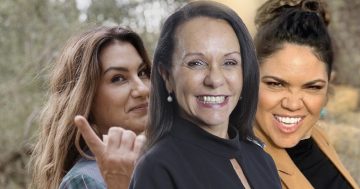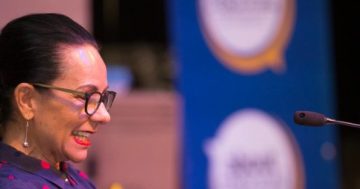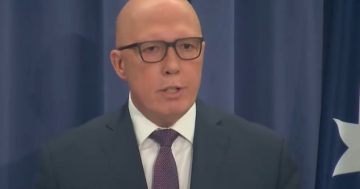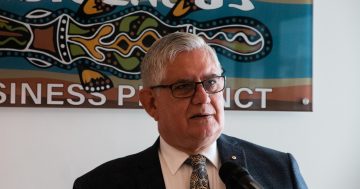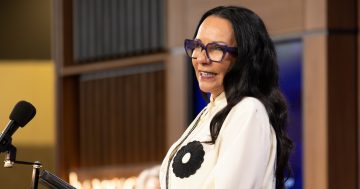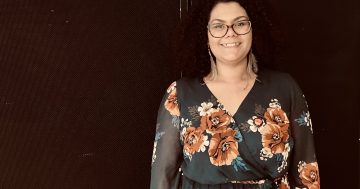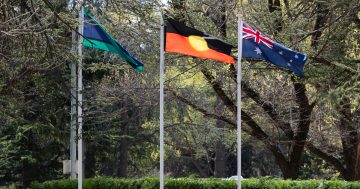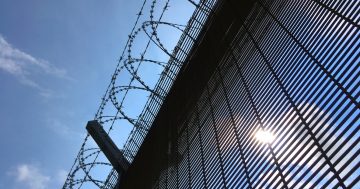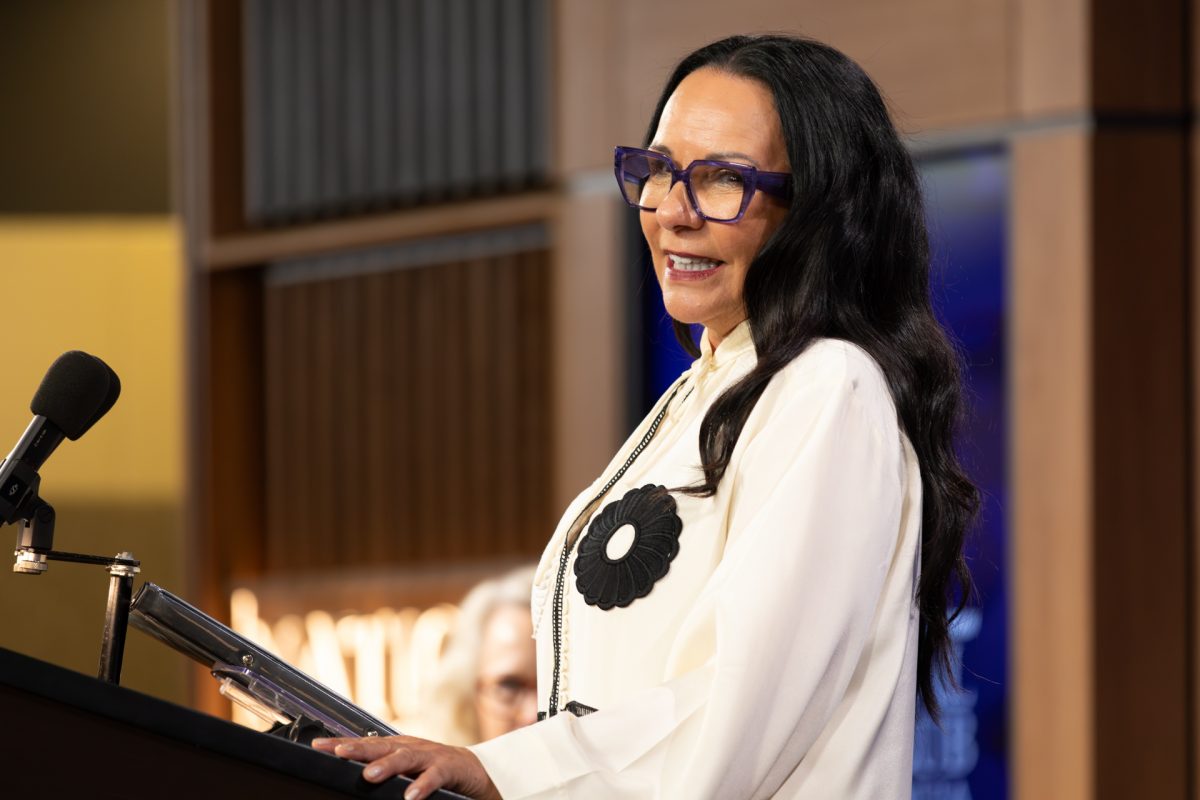
Minister for Indigenous Australians Linda Burney. Photo: Michelle Kroll.
Minister for Indigenous Australians Linda Burney has outlined four areas she believes a Voice to Parliament advisory body should focus on: health, education, housing and jobs.
Using her NAIDOC Week address to National Press Club on Wednesday (5 July), Ms Burney said her first request of the new body, if this year’s referendum on the Voice passes, would be to ask it for fresh ideas in these “priority areas”.
“Bring me your ideas on how to stop our people from taking their own lives,” she said.
“Bring me your ideas on how to help our kids go to school and thrive. Bring me your ideas on how we make sure our mob live strong and healthy lives.”
Statistics show a vast chasm between Indigenous and non-Indigenous Australians in critical areas of basic needs and human rights.
Ms Burney detailed some examples of what she described as entrenched disadvantages experienced by Aboriginal and Torres Strait Islander people while stressing the statistics represented “real people with families and loved ones”.
The latest Closing the Gap data shows only four of its 19 targets are on track to be met: life expectancy, healthy birth weight, housing, and employment and training.
“I honestly believe the Voice can help,” the Minister said.
“We have everything to gain and nothing to lose by supporting the Voice.”
Australians will vote later this year on whether to enshrine an Indigenous Voice to the Federal Parliament in the Constitution to advise on First Nations matters.
Ms Burney said the Voice would link local Indigenous communities with national policymakers.
She said the body’s in-tray would be full from day one, but it would work through priorities in a dedicated and methodical way.
“The Voice will be tasked with taking the long view,” the Minister said.
“Unlike government, it won’t be distracted by the three-year election cycles. It will plan for the next generation, not the next term.
“It will be chosen by local communities for local communities, will give independent advice to parliament and the government on the issues affecting Indigenous communities.
“Every state and territory, the Torres Strait Islands and remote communities will be represented. It will be gender balanced and include the views of young people. It will consult with local communities.”
In an emotional plea for a ‘Yes’ vote at the referendum, Ms Burney said recognition for First Nations people was long overdue.
“The question must surely be asked, how much longer do Aboriginal people have to wait to finally receive recognition,” she said.
“In 2023, it is time for Australia to recognise Indigenous Australians.”
The Minister pulled no punches in describing the ‘No’ camp’s tactics as divisive and destructive, similar to former United States president Donald Trump and his supporters.
“Do not let the no campaign get away with using Trump-style politics in Australia,” she said.
“Do not let them divide us. Do not let them divide us.”
Ms Burney shared the story of a close friend named Michael Riley, who died aged 44 of renal failure.
“Michael grew up in poverty in Dubbo during the 1960s,” she said.
“Like so many others who were forced to live in those poor conditions, Michael suffered from chronic infections and got rheumatic fever, a condition from which his immune system never recovered.
“His Aboriginality condemned him to an early death.”
Ms Burney received an extended standing ovation following her address.
But recent polls are showing waning support for the ‘Yes’ campaign, and Opposition Leader Peter Dutton has ramped up his commentary against it.
To succeed, the referendum needs a double majority – a majority nationwide and a majority of states voting for it.
Votes in the ACT, as in the Northern Territory, are only counted towards the nationwide tally.












